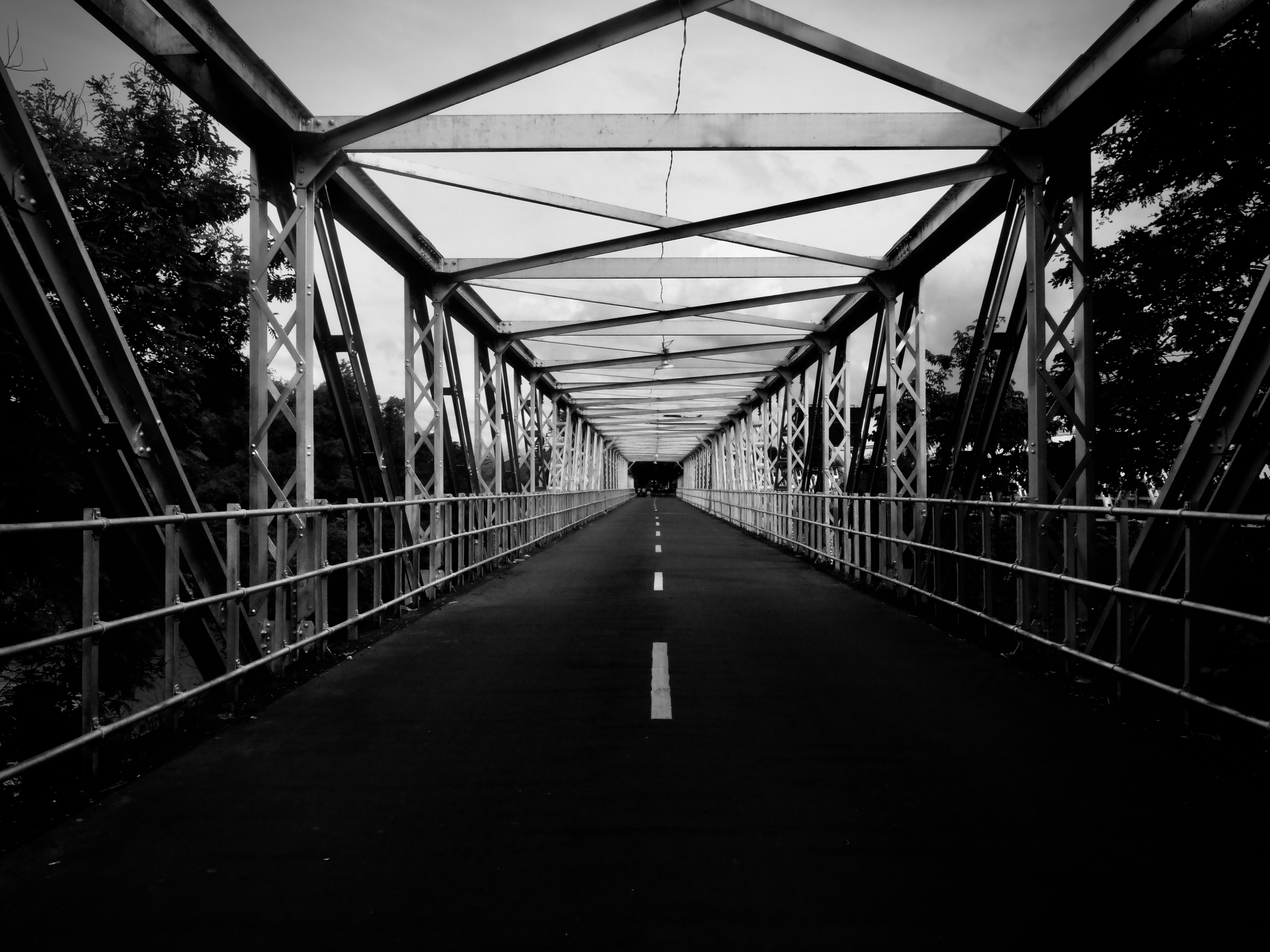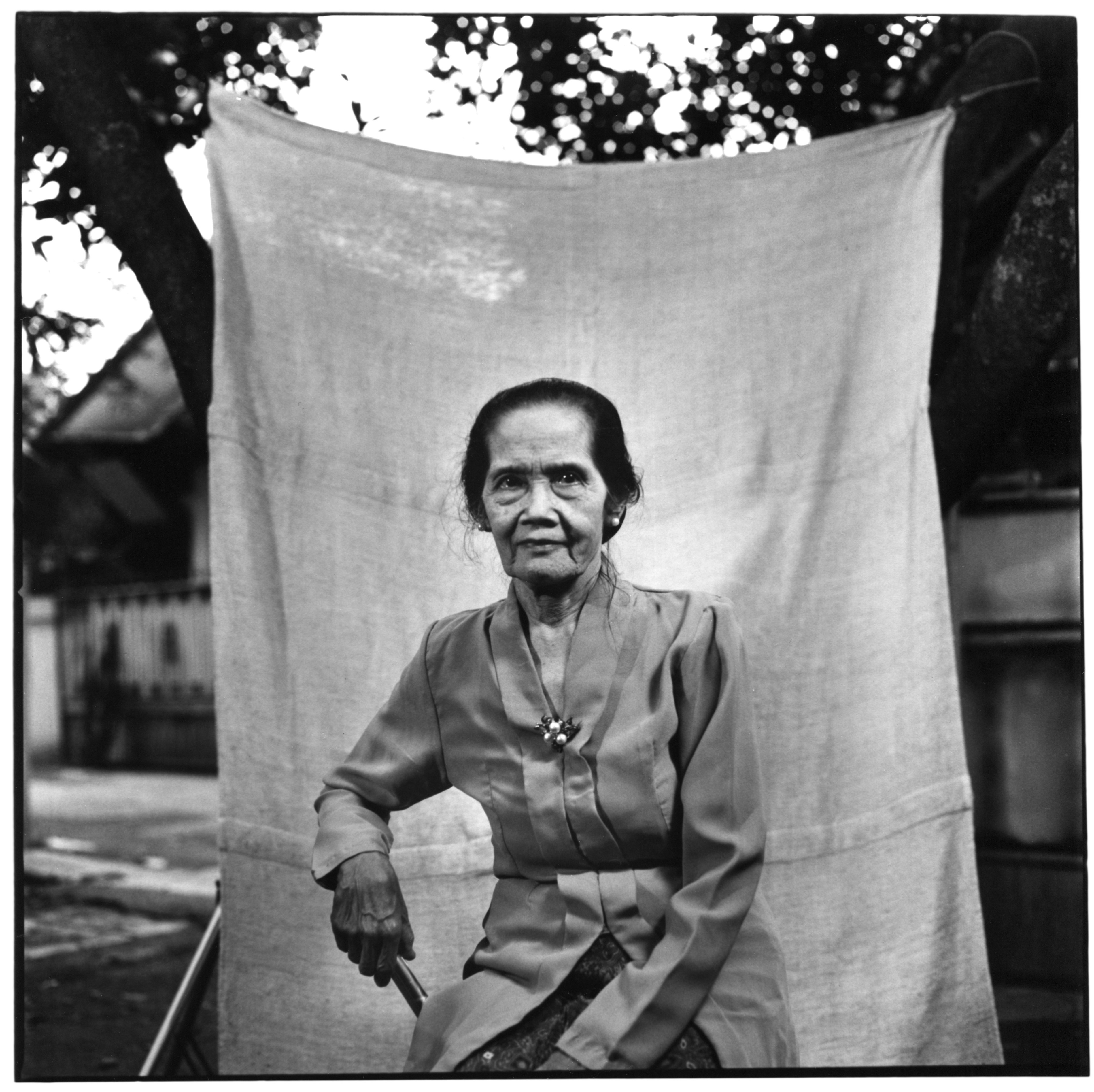Remembering 1965 and its Aftermath
Exhibition location
Room 50, Centre de Colloques
In Indonesia, numerous people were imprisoned and accused of communism after the 1965-66 so-called failed Coup. Political prisoners who survived the period have shared their stories, in restricted circles first, then, since the end of the New Order Regime in 1998, progressively to a wider audience. Their stories circulate through publications, formal and informal discussions, as well as in documentaries and, more recently, through exhibitions. These sources, which echo each other, continue to nurture the perception and understanding of the tragedy, especially among the young generation who have not lived under the dictatorship, or for the ones whose families’ silence broke after decades, and who are in search of answers.

Besides the academic studies which have appeared in growing numbers in the last decade, several artists and members of the civil society have felt the need to amplify the voice of the victims, and of their families, by (re)presenting narration of the events through diverse mediums to use the possibility of other means of communication than writing and to reach a larger audience. Given that many were born when the New Order regime systematically buried the violence of 1965, their writings and artworks create a site of trans-generational dialogue. The artistic productions presented in this exhibition do not only transmit and amplify the living memory of the 1965-66 events, but they also show the need for the young generation to actively participate in the uncovering of the country’s past by imagining other forms of narrations and opening a space of communication between people who may have a different understanding of Indonesian history.
The artists and scholars who participate in this exhibition address these relationships between past and present emphasizing the importance of people - the individuals, their names, their feelings - while victims have been deprived of the right to speak and to have an identity apart from the derogatory “PKI” for decades. They do so in a way that explores, as well, their personal history.
The exhibition is organized in four different units:
- In the darkness, there is light: an immersive experience proposed to visitors who will enter this dark past through sounds and be invited to uncover hidden words.
- Photography exhibition: where photographs by four different photographers show their respective approaches to time and space related to 1965 and its aftermath.
- Faith in speculations: a multimedia project which brings oral history and technology together, to produce alternative narratives, and multiply voices about the 1965-66 events.
- Words in motion: a participative experience where visitors are invited to get closer to the narrations of witnesses, victims, and perpetrators.
The exhibition is organized by members of Warisan Ingatan (the Heritage of Memory), a collective of survivors and family members, artists, scholars, and people from the civil society who are concerned about Indonesian history.
Related events:
Wednesday 29 June 2022, 17:00-18:00 - Room 50
Indonesia project - Opening & guided tour by artists Sirin Farid Stevy & Rangga Purbaya
Thursday 30 June 2022, 16:00-17:30 - Room 100
Discussion on “Art & Research: convergence & new practices”, with:
- Annabel Vallard (CNRS, CASE)
- Sirin Farid Stevy, Rangga Purbaya, Gloria Truly Estrelita & Elsa Clavé (Indonesia project)
- Mayco Naing & Chloe Baills (Myanmar project)
With the support of CRESS Program (Research Creation in Social Sciences), coordinated by the Image & Sound Department, EHESS



